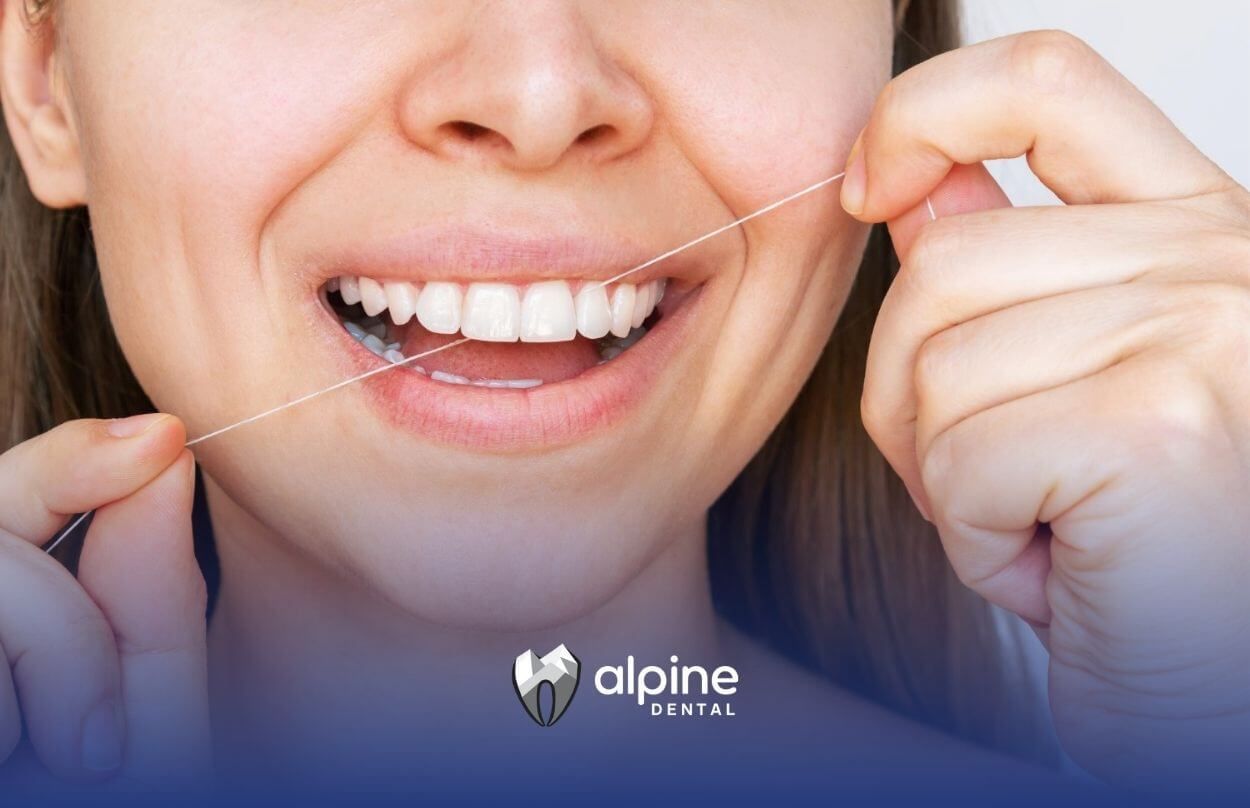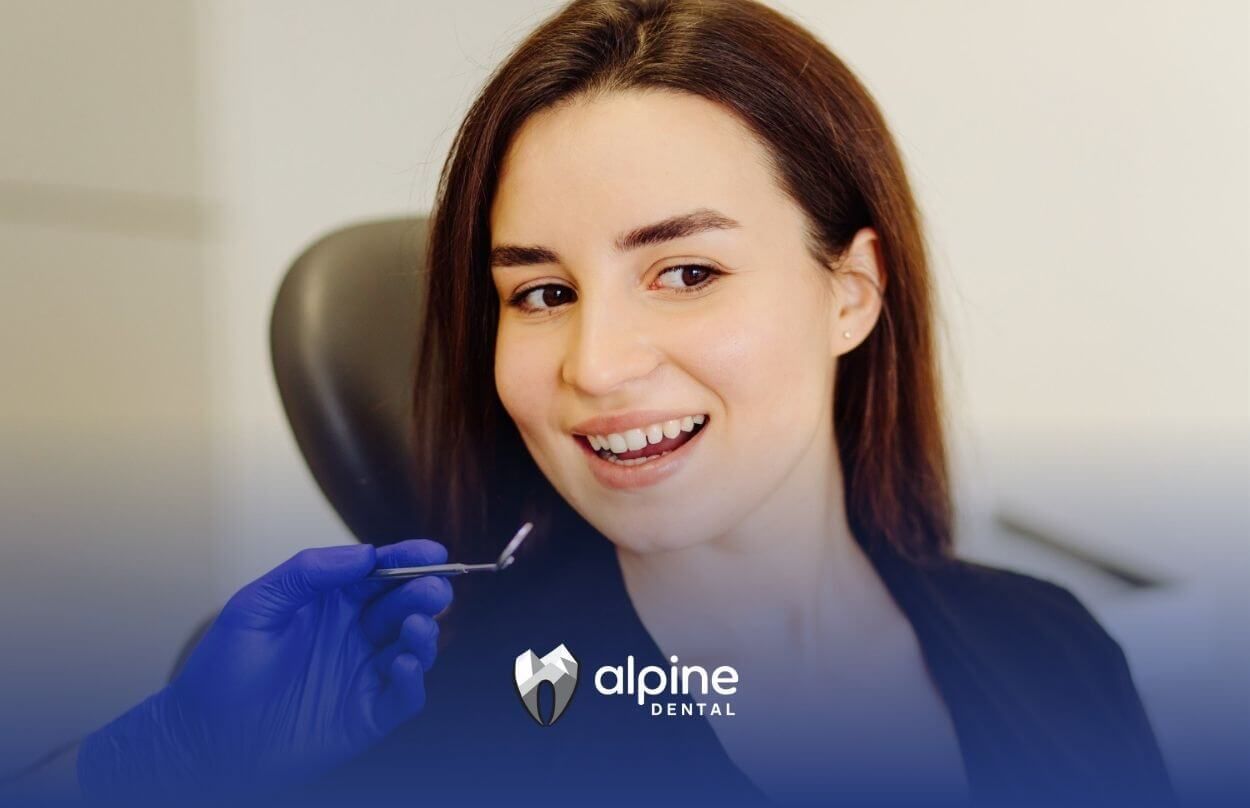Top Tips for Effective Oral Care for Newborns
Providing effective oral care for newborns sets the stage for a lifetime of healthy smiles. Baby teeth start forming before birth, so establishing good habits early can help prevent cavities and support speech development. Health professionals recommend the first oral exam take place within six months of the first tooth erupting, or by a child’s first birthday at the latest.
This article outlines essential steps for infant dental care. It covers gentle gum cleaning, brushing routines, feeding habits, nonnutritive sucking management, professional screenings, risk assessment, and collaboration with dental experts. Families in Lakewood, New Jersey, can use these evidence-based tips to safeguard their newborn’s oral health.
Begin Oral Care Early
Even before the first tooth appears, caregivers can clean a baby’s gums to remove plaque and bacteria. A clean, damp washcloth or a soft infant toothbrush works well for this routine. The American Dental Association advises wiping a baby’s gums regularly, starting just days after birth, to protect the tissue until tooth eruption becomes visible.
Clean Gums Gently
- Use a soft, damp cloth or a finger brush to wipe the entire gum surface
- Perform this after each feeding or at least twice a day to minimize bacteria
Introduce Infant Toothbrush
Once the first tooth emerges, typically around six months, caregivers should switch to a small, soft-bristled toothbrush. Apply a smear of fluoride toothpaste about the size of a grain of rice, as recommended by pediatric dentists. After age three, a pea-sized dab of fluoridated toothpaste can be used once the child can spit out excess.
Establish Daily Brushing
A consistent brushing schedule lays the foundation for lifelong dental hygiene. Caregivers should brush a child’s teeth twice daily, offering guidance on technique and product choice.
Choose the Right Toothpaste
- Use a rice-sized smear of fluoride toothpaste for infants
- After age three, transition to a pea-sized amount of fluoridated toothpaste
- Ensure the child can spit to avoid swallowing excess fluoride
Teach Proper Brushing
The knee-to-knee method helps caregivers maintain control and comfort during brushing. One adult holds the child in a seated position with the head on their lap while another brushes. Aim for gentle circular motions along the gum line and tooth surfaces.
Monitor Bottle Feeding
The way a baby feeds can influence cavity formation. Prolonged exposure to sugary liquids leads to baby bottle tooth decay, also known as early childhood caries.
Avoid Bedtime Bottles
Bottles filled with milk, juice, or sweetened liquids at bedtime should be avoided, since pooled fluid bathes the teeth in sugar overnight.
Limit Feeding Duration
Health experts recommend keeping bottle feedings to five or six minutes or less, reducing the time teeth are exposed to sugars.
Support Balanced Nutrition
A healthy diet supports strong tooth development and minimizes decay risk. Introduce nutrient-rich foods while limiting sugary snacks. Nutrition is one of the core topics in anticipatory guidance for infant oral health.
Offer Tooth-Friendly Foods
Encourage water as the main drink, and serve fresh fruits, vegetables, and cheese to provide minerals that strengthen tooth enamel. Water helps rinse away food particles and wash away sugars.
Limit Sugary Snacks
Sticky treats and sugary beverages can cling to teeth, feeding plaque bacteria that produce acids. Offering healthier alternatives supports balanced oral health.
Address Sucking Habits
Thumb sucking and pacifier use are common soothing behaviors. While often harmless in infancy, prolonged habits can affect dental alignment once permanent teeth arrive.
Understand Thumb Sucking
Most babies suck their thumbs reflexively, and this does not typically harm baby teeth. If the habit persists beyond age three, caregivers may consult a dentist to prevent potential impacts on permanent tooth alignment.
Manage Pacifier Use
Similar to thumb sucking, pacifier habits are usually safe before permanent teeth emerge. Choose an orthodontic pacifier and plan gradual weaning by age three to avoid dental issues as adult teeth develop.
Schedule Dental Visits
Professional screenings help monitor growth and catch issues early. Parents should schedule the first dental visit by the time of the first birthday or within six months of the first tooth.
First Visit Guidelines
Expert bodies such as the American Academy of Pediatric Dentistry recommend a child’s initial dental exam by age one, or within six months of first tooth emergence, a guideline also emphasized by the
Cleveland Clinic. This visit may include a full exam of teeth, gums, bite, and oral tissues, as well as advice on home cleaning techniques. During the screening, practitioners visually inspect key structures:
-
Lips and tongue
-
Teeth and gums
-
Inside the cheeks
-
Roof of the mouth
Plan Ongoing Checkups
Regular exams every six months allow dentists to track dental development and intervene early, a cadence recommended by the Cleveland Clinic. High-risk infants might benefit from visits every three to four months to build comfort and monitor potential concerns.
Use Risk Assessment Tools
Health professionals assess caries risk to tailor preventive care. Risk assessment tables and standardized tools identify infants who may need extra support.
Implement Caries Risk Assessment
Dental practitioners use caries risk assessment tools to evaluate factors such as feeding patterns, fluoride exposure, family history, and plaque levels.
Provide Anticipatory Guidance Topics
Anticipatory guidance covers oral hygiene, nutrition, nonnutritive sucking, injury prevention, and substance use. Professionals can provide families with topic lists to discuss at each visit, ensuring tailored support.
Collaborate With Experts
Working with dental professionals ensures newborns benefit from specialized care. Both pediatric and general dentists play key roles in preventive strategies.
Pediatric vs General Dentist
Pediatric Dentist Training
At least two extra years beyond dental school
General Dentist Training
Dental school education
Pediatric Dentist Focus
Infant and childhood oral health
General Dentist Focus
Oral health for all age groups
Role of Dental Hygienist
Dental hygienists apply fluoride varnish after the first tooth emerges to strengthen enamel and prevent decay. They also demonstrate home care techniques and provide professional cleanings in a gentle manner.
Conclusion
Early and consistent oral care for newborns helps prevent decay, supports healthy tooth development, and lays the groundwork for lifelong dental health. Parents and caregivers who follow gentle cleaning routines, monitor feeding habits, manage soothing behaviors, schedule timely professional exams, and collaborate with dental experts can feel confident in their child’s oral health journey.
At Alpine Dental, we know that healthy smiles begin from day one. Our gentle, family-centered approach helps parents and caregivers establish strong oral care routines for newborns and young children. From early checkups to guidance on feeding habits and soothing behaviors, we’re here to support every step of your child’s dental care in Lakewood, New Jersey.
Schedule your baby’s first dental visit with us today and build the foundation for a lifetime of healthy smiles.
Frequently Asked Questions
When should I take my baby to the dentist for the first time?
Dentists recommend scheduling a child’s first dental visit by age one or within six months of their first tooth coming in.
How do I clean my newborn’s mouth before teeth erupt?
Parents can gently wipe their baby’s gums with a soft, damp cloth or infant gum brush after feedings to prevent bacteria buildup.
Can nighttime feeding cause tooth decay in babies?
Yes. Prolonged bottle use, especially with milk or juice at night, can increase the risk of baby bottle tooth decay. Dentists recommend avoiding bedtime bottles or wiping the gums/teeth afterward.
SOURCES:
https://www.mchoralhealth.org/pocket/3-infancy-01.php
https://www.stanfordchildrens.org/en/topic/default?id=a-childs-first-dental-visit-fact-sheet-1-1509
https://www.nationwidechildrens.org/family-resources-education/health-wellness-and-safety-resources/helping-hands/dental-teeth-and-gum-care-for-infants-and-toddlers
https://health.clevelandclinic.org/when-should-i-start-taking-my-child-to-the-dentist
https://www.health.ny.gov/prevention/dental/birth_oral_health.htm
https://www.cdc.gov/oral-health/prevention/oral-health-tips-for-children.html




